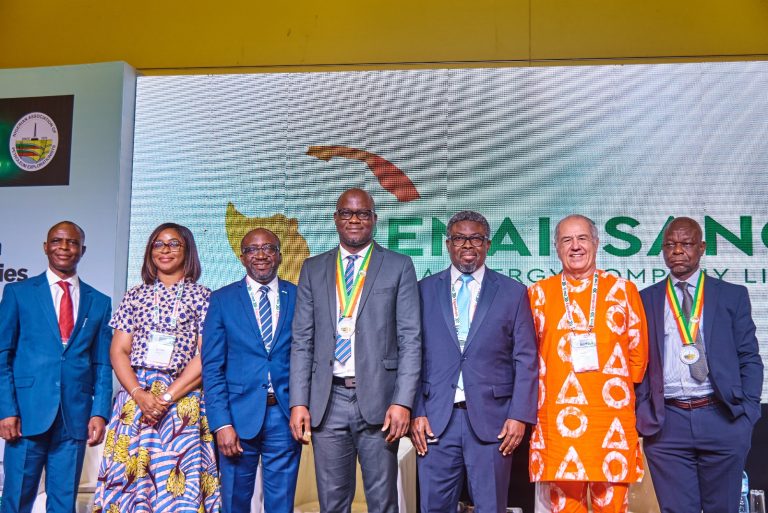Uche Cecil Izuora
Esso Exploration and Production Nigeria Limited (EEPNL), an affiliate of ExxonMobil, has called for a strategic focus on regulatory clarity and human capital development to unlock Nigeria’s oil and gas potential.
Speaking at the 2025 Nigerian Association of Petroleum Explorationists (NAPE) Conference in Lagos, Etabuko Abirhire, Executive Director, Development at EEPNL, said Nigeria’s production targets of 2 million barrels per day by 2027 and 3 million by 2030 signal bold ambition—but require streamlined regulation, policy clarity, and strong partnerships to attract investment.
“Operational efficiency and human capital development are foundational to unlocking the sector’s full potential. Regulators must provide clarity not just at the macro level, but at the execution phase. Achieving our production goals will demand deliberate effort, collaboration, and disciplined execution by all stakeholders,” Abirhire said.
He commended reforms under the Petroleum Industry Act (PIA) and recent presidential directives for boosting investor confidence, particularly in deepwater projects, but stressed that speed and clarity of implementation remain critical.
Abirhire highlighted progress through collaboration with NNPCL and NCDMB, noting that evolving governance and pragmatic local content policies will enable large-scale projects. He also showcased ExxonMobil’s integrated efficiency model, leveraging technology and skilled talent to deliver projects faster and at lower cost.
“Technologies like our Discovery 6 Supercomputer have cut seismic processing time from months to weeks, accelerating decision-making and production start-up,” he added.
Responding to calls for clarity, Olayemi Adeboyejo, Commission Secretary and Legal Adviser at NUPRC, reaffirmed the regulator’s commitment to transparency and adaptability:
“Regulation is the architecture of efficiency. The PIA provides a framework for investor confidence, and we remain open to feedback to ensure clarity and competitiveness.”
Esso reiterated its commitment to partnership, innovation, and workforce development as key drivers of Nigeria’s energy future.


